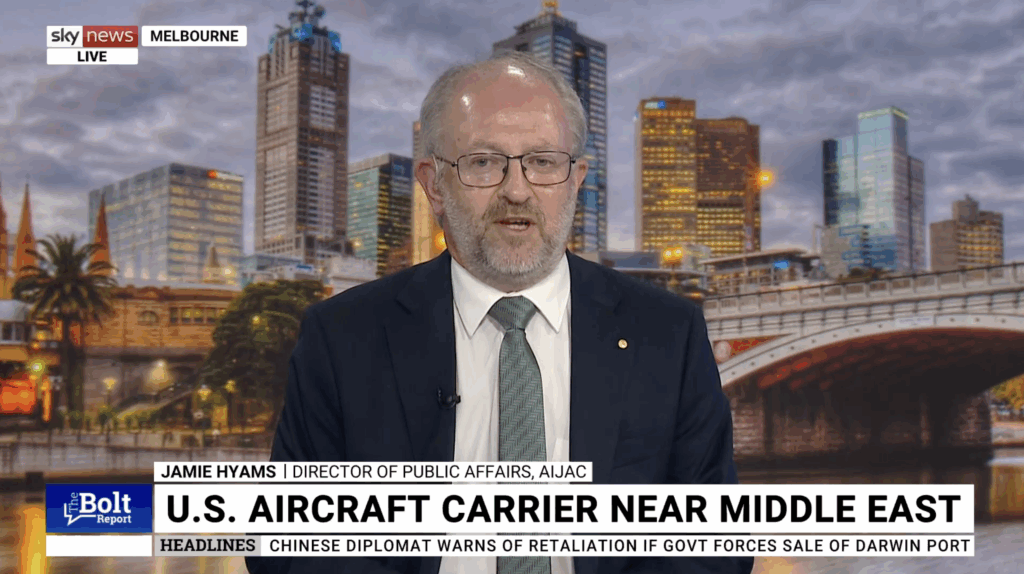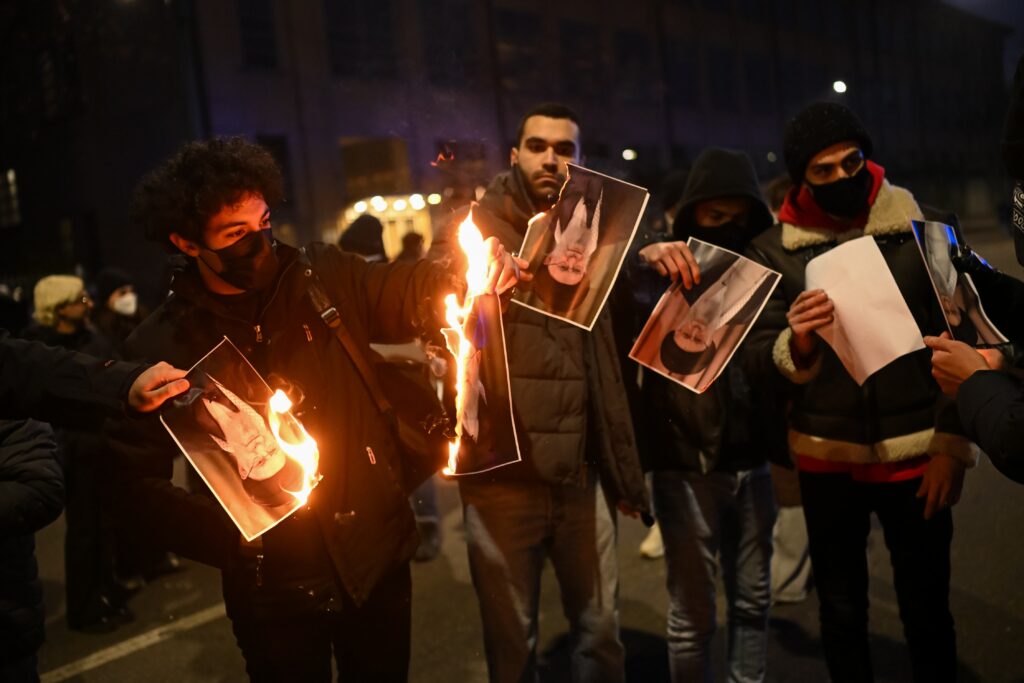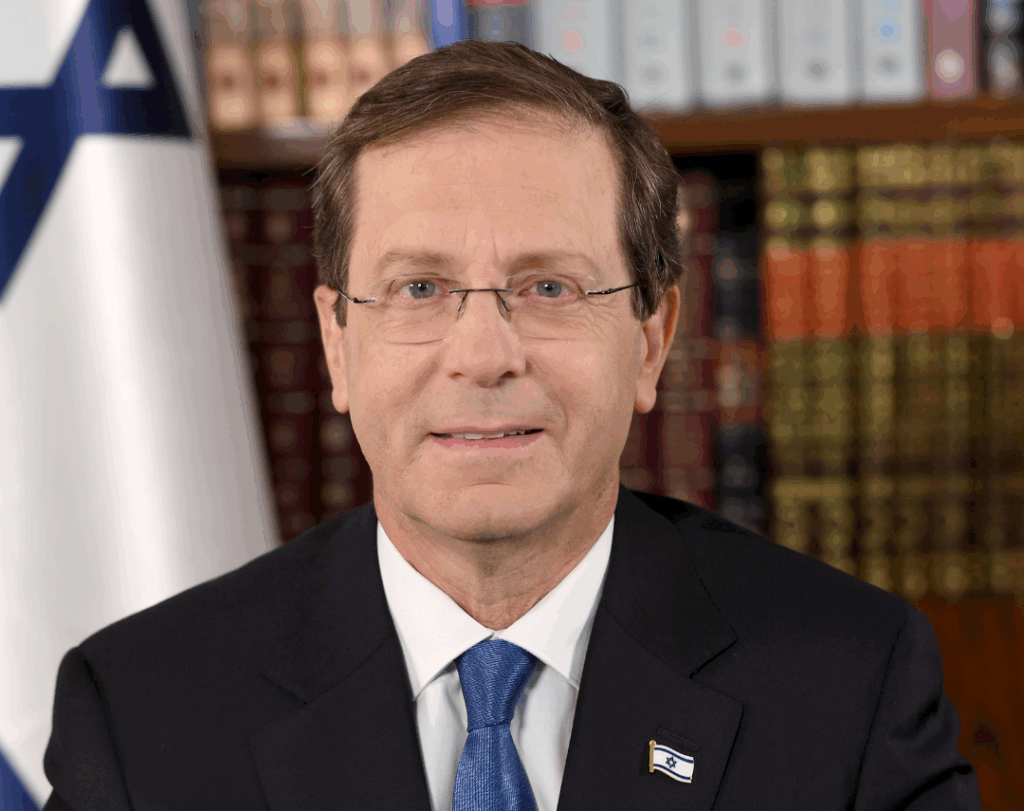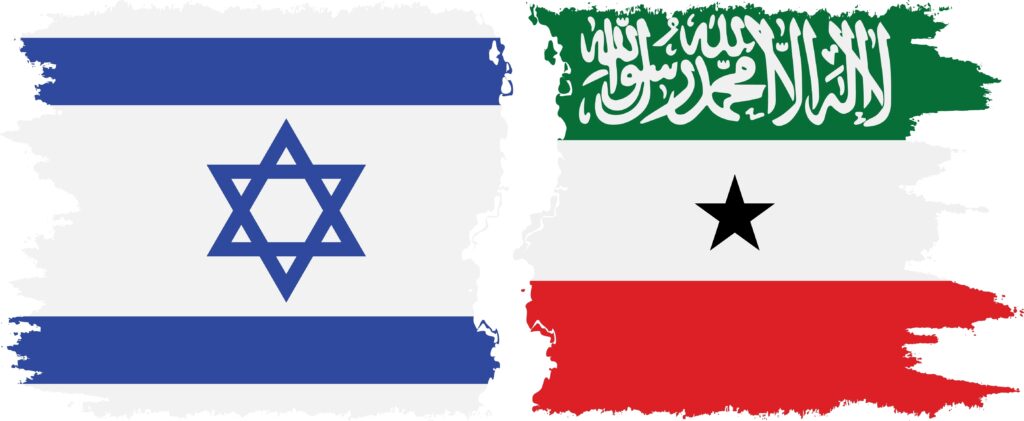IN THE MEDIA
Israel’s real victory at Eurovision
May 19, 2025 | Justin Amler
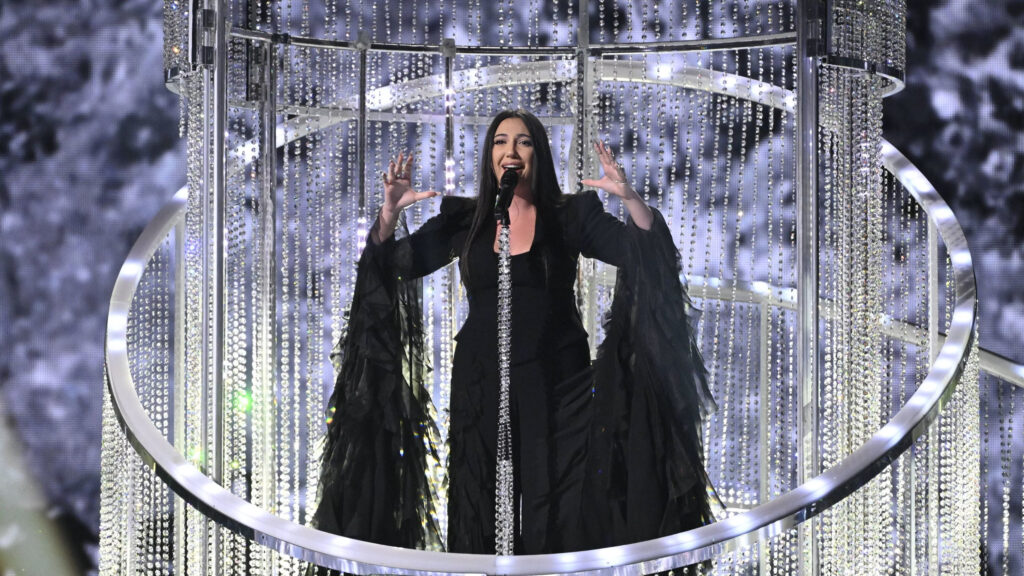
Australian Jewish News – 19 May 2025
In the early hours of Sunday morning Australian time, a young Jewish Israeli woman named Yuval Raphael stood alone on the St Jakobshalle arena’s stage in Basel, Switzerland, the host city of what is probably the world’s most prestigious singing competition, Eurovision.
As she sang her song, titled “New Day Will Rise,” the atmosphere was charged. Among the crowd, there were boos, chanting, and a scattering of Palestinian flags waving defiantly. At one point, two individuals attempted to storm the stage to disrupt her performance, hitting a crew member with paint in the process.
Yet 24-year-old Yuval sang on, her voice rising above the hateful chants and the chaos. With a heart full of passion and a fierce resolve, she represented her country and her people on the world stage, unbowed and unwavering.
But Yuval Raphael is no ordinary singer. She is a survivor, in the most profound sense of the word. On October 7, during the Nova music festival, Hamas terrorists unleashed a brutal massacre, turning music into murder and a festival of love into a festival of fear. Amidst the horror, Yuval ran for her life, eventually finding what she hoped would be refuge in a small roadside bus stop and bomb shelter, alongside other young people trying to escape the unfolding nightmare.
The terror was relentless. Hamas terrorists fired continuously into the shelter, killing those seeking safety. They would leave and then return, shooting again and again. Eventually, they threw grenades into the confined space, turning it into a scene of carnage. Yuval survived by hiding under the lifeless bodies of others, desperately hoping that the terrorists would overlook her. She managed to speak to her father on her phone, who begged her to play dead.
After eight harrowing hours, rescue forces finally arrived. Yuval was among the few survivors of that infamous “bus shelter of death,” but the trauma of that day lingers. Despite the unimaginable ordeal, she found the strength to share her story as a way to fight back, to make sense of the madness, and to begin the long process of healing.
Not all heroes wear capes. Some wear doctor’s coats, tirelessly saving lives. Some carry rifles, defending their communities from those who seek to destroy. Some face hostile media, determined to speak up for Israel against the barrage of false accusations levelled against it.
And some, like Yuval, stand alone on a stage, holding a microphone, facing a hostile world with a song in their heart.
But Yuval was never truly alone. Millions of Israelis, Jews, and people of goodwill around the world stood with her.
And it showed.
As the votes from the public came in, Israel received more votes than any other country, propelling it from 14th to 1st place. Despite hostile governments like Spain, Ireland, and others relentlessly condemning Israel, their citizens expressed a different message. The Spanish public gave Israel the highest possible votes, along with the Swedes, the French, and Australians. Even the Irish gave almost all their votes to Israel.
It was also notable that Azerbaijan, a Muslim country gave Israel the maximum number of votes possible from the public and the official Azerbaijan jury in the competition. It was the only country to do so.
The official results may show that Israel eventually came second in the 2025 Eurovision, but the real victory belonged to Yuval. Despite the threats, the verbal abuse, including someone making a slitting-throat gesture towards her, as well as the haunting memories of her trauma, she stood tall, sang with pride and won the recognition she deserved.
In the same city where Theodore Herzl convened the First Zionist Congress in 1897, envisioning a proud and resilient Jewish state, Yuval’s performance was a continuation of that legacy. She reminded the world that no matter the hatred or violence aimed at Israel, love and resilience will always prevail.
As her song echoed across Europe, one line in Hebrew stood out: “Many waters cannot quench love, neither can the floods drown it.”
It is a quote taken from the biblical Shir Hashirim, or Song of Songs, bringing an ancient past into a modern context. More importantly, it embodies the truth that no matter what fire is aimed at Israel with the intention of destroying it, it will never succeed.
On that stage, Yuval’s song became more than just music – it became a declaration of courage, an anthem of survival, and a message of hope.
Yuval ended her grand final performance in the most perfect way she could, expressing solidarity, strength and unity in the face of adversity.
She called out to the millions of viewers watching in Switzerland, Israel and the rest of the world the traditional Jewish affirmation, “Am Yisrael Chai”, meaning the “The people of Israel live.”
And that rallying cry was embodied in both her performance and in Raphael herself.
Justin Amler is a Policy Analyst at the Australia/Israel & Jewish Affairs Council (AIJAC).
Tags: Eurovision, Israel, Terrorism, Yuval Raphael

